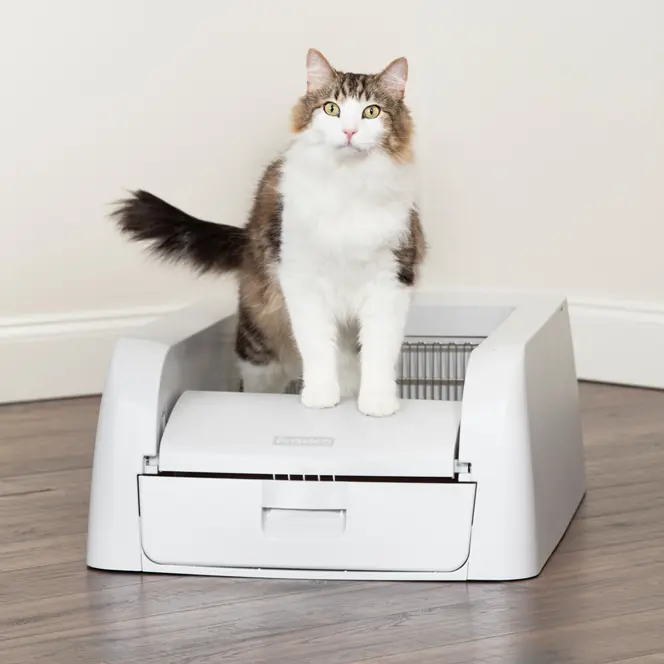If you’ve ever let out an exaggerated howl only to hear your dog start belting their own howls in response, you’ve experienced the delight of canine howl hijacking! This contagious behavior is no coincidence or mocking act by your pooch. There’s actually some fascinating reasons why our dogs join in when we howl.
Understanding the science and psychology behind why dogs howl back provides insight on the unique communication style of our beloved canine companions.
An Innate Response
The most basic instinct driving your dog to howl when prompted is their innate predisposition as a social animal. Dogs are born wired to respond to cries that mimic distress calls. When you howl, it instantly triggers their natural reaction to reply.
In the wild, wolves howl back and forth to signal their location or reunite with the pack. Your domestic dog retains this built-in bonding response even though they may have never met another wolf!
Howling is their intuitive way to connect and communicate – so when you demonstrate, they reply accordingly.
Pack Mentality
On a psychological level, your dog perceives you as part of their pack. So when the “leader” howls, they instinctively feel compelled to return the cry to appease and respond.
It reinforces the social structure for your dog to join in your initiated vocalizations. Your howl is essentially giving them permission to open up.
Through this bonded call and response, your dog shows their acknowledgement and loyalty to you as a fellow pack member.

Emotional Contagion
Your pup is also just naturally eager to share in the same emotional experience as you! This “emotional contagion” is well documented in dogs and wolves.
When one wolf or dog begins howling, it instantly triggers the same unified emotional state in the rest of the pack. Your dog howls back because they want to be part of the collective moment.
This innate empathetic impulse to match behaviors reflects your dog’s ability to perceive your emotions and intentions. Pretty impressive for a pupper!
Attention-Seeking
Some dogs may also initiate howling or “singing” specifically to gain your attention and praise. If you frequently laugh and reward your vocal pup for their impromptu howl concerts, they’ll quickly learn to abuse their charm for your reaction!
To curb attention-seeking howls, ignore undesirable howling and only give positive reinforcement for howling when explicitly prompted by you first. Be the pack leader by setting this boundary.
Boredom Relief
Pent-up dogs stuck at home all day may discover that howling helps relieve their restlessness or boredom. The excitement of hearing their own dramatic voice is self-rewarding.
Prevent boredom howls by providing plenty of exercise, mental stimulation, and access to views outdoors. Settle howling behavior before it becomes an ingrained habit by distracting them with appropriate chew toys or food puzzles.

Signs of Distress
Sometimes frequent, persistent howling indicates a dog in distress rather than just expressing their social nature. Excessive howling may signal:
- Anxiety or fear when home alone
- Discomfort from illness or injury
- Cognitive decline in senior dogs
- Compulsive disorder in certain breeds
If you can’t attribute the howling to a specific trigger or it arises suddenly, consult your veterinarian to address the root cause. Redirection, medication, or training may be needed.
Embrace the Soulful Serenade!
When your pup just can’t resist joining in a impromptu howling duet, relax and enjoy this social singing! It forges an instinctual bond and provides a fun outlet for their wild side.
Howling helps maintain strong social connections between you and your dog. Let your furry friend bask in their wolfish roots and nurture your relationship at the same time!
Just be sure to avoid reinforcing too much attention-seeking howling and monitor for any signs of underlying distress. With patience helping guide their natural impulses, you and your vocals pup can live in perfect harmony.
Frequently Asked Questions
Why does my dog howl at sirens?
The high-pitched sound is discomforting. Howling releases the anxiety. Keep windows closed and distract them with treats and toys when sirens pass.
Is it bad for my dog’s voice if they howl a lot?
Frequent howling shouldn’t damage their vocal cords like straining the human voice can. But have your vet examine excessive howlers for potential underlying causes.
Why does my dog howl when I leave?
It’s likely distress from separation anxiety. Ease their dependence by providing stimulating toys when leaving and never punishing howling directly.
Can I teach my dog to howl on cue?
Yes! Howl first then reward with treats when they join in. Use a command like “Sing!” Gradually shape the behavior by rewarding only for howling after hearing the cue.
Why does my dog howl in their sleep?
Dreaming or having a nightmare can trigger howling. They should settle back to sleep normally. If night howling persists, consult your vet to address any pain or cognitive issues.


